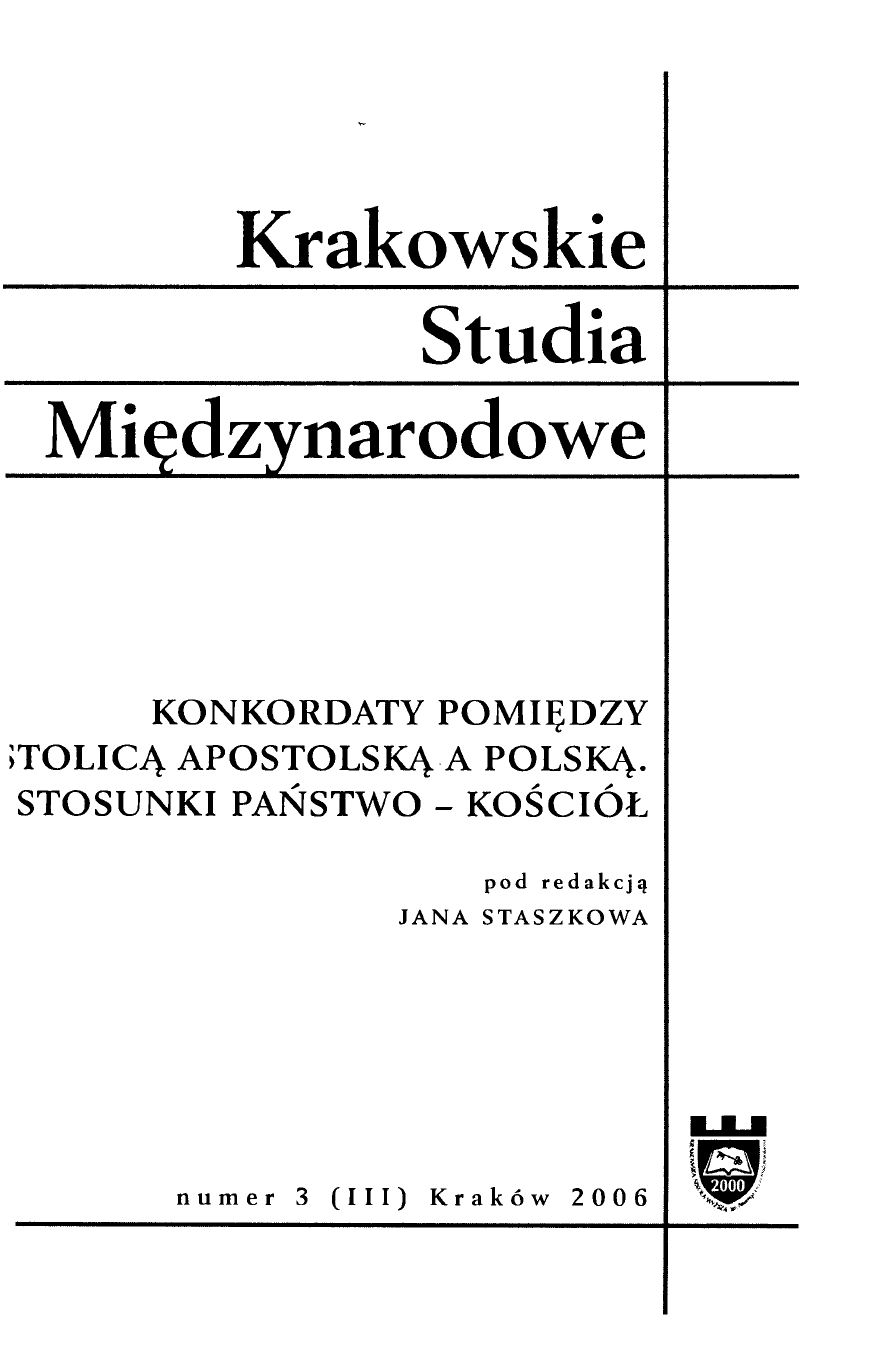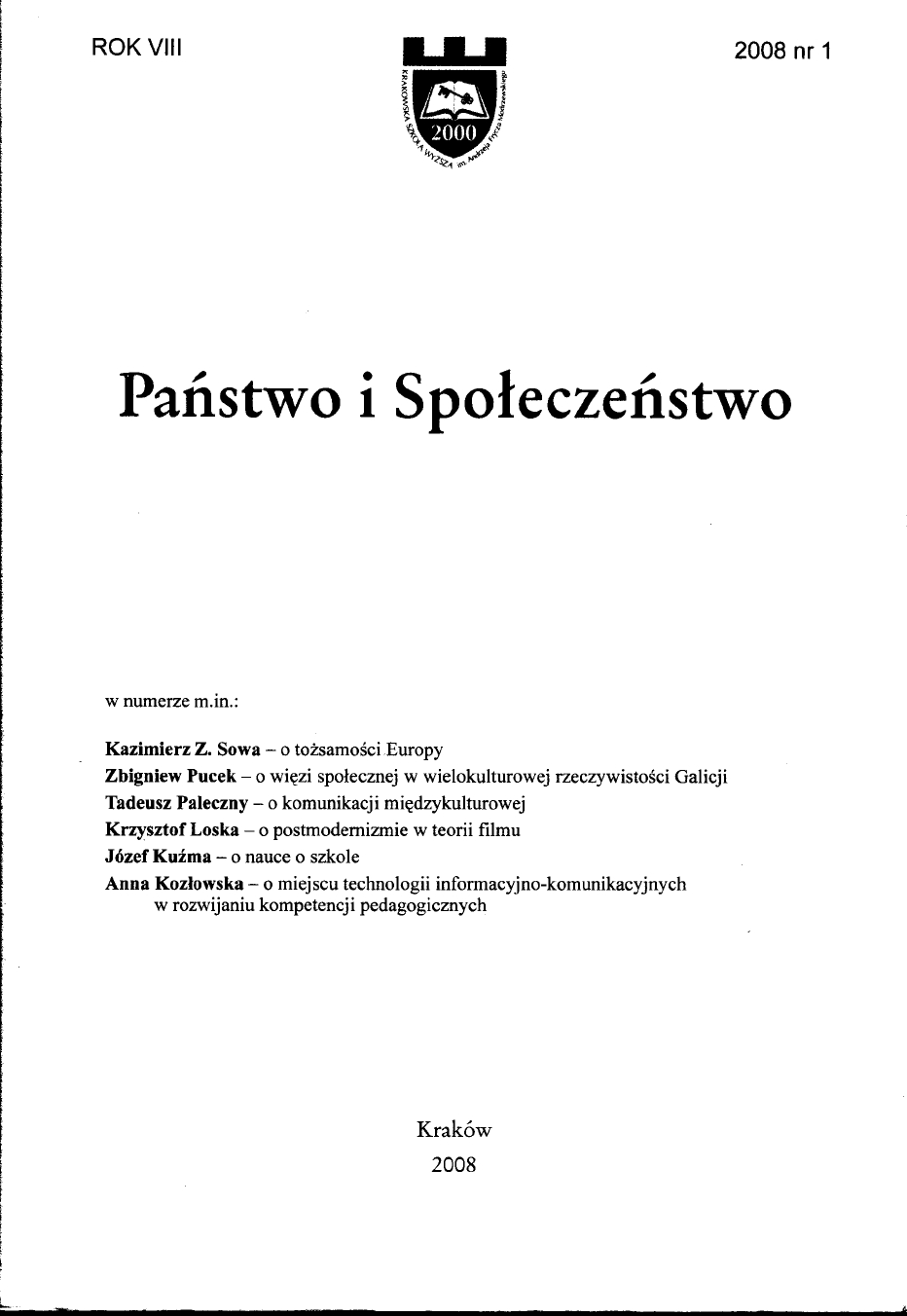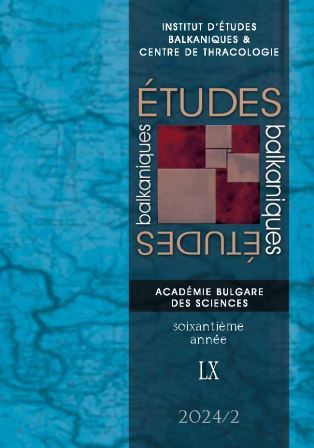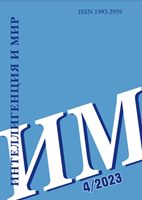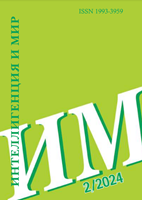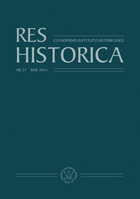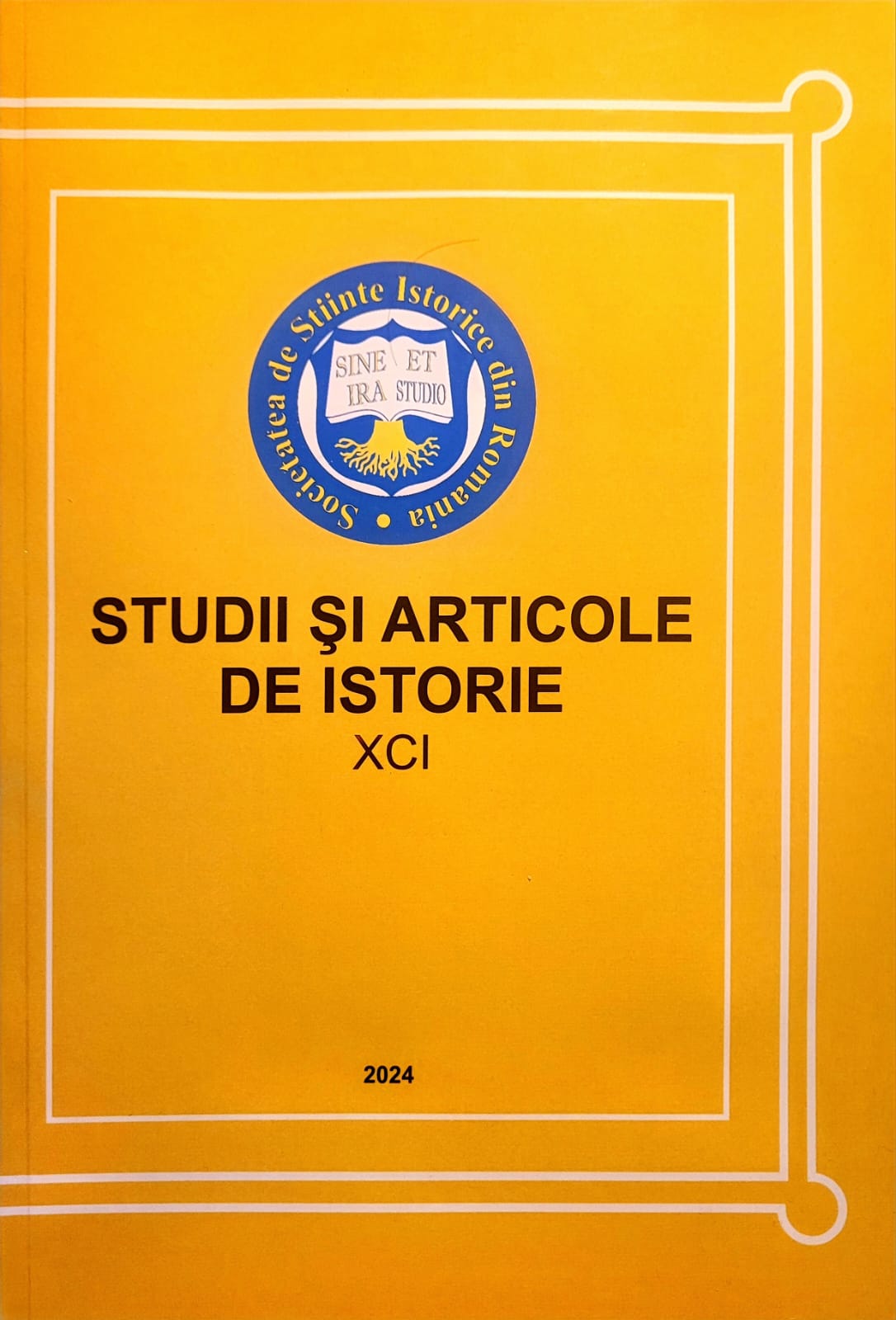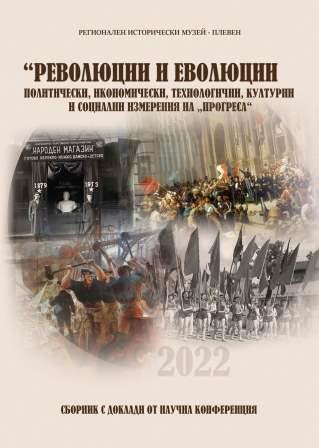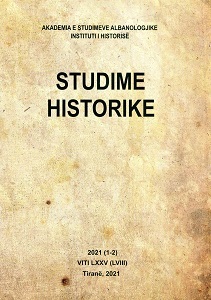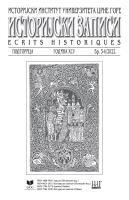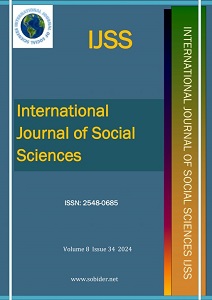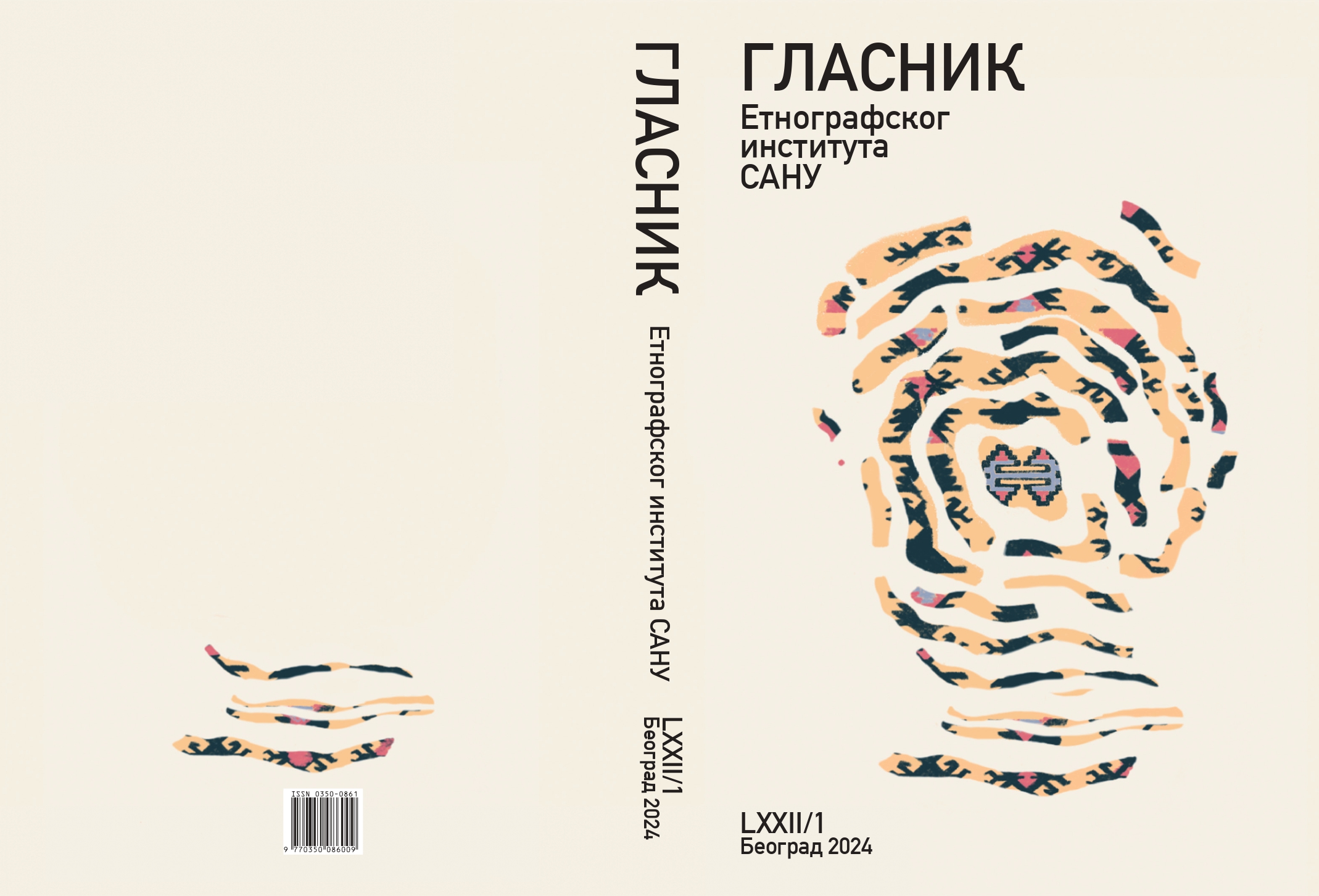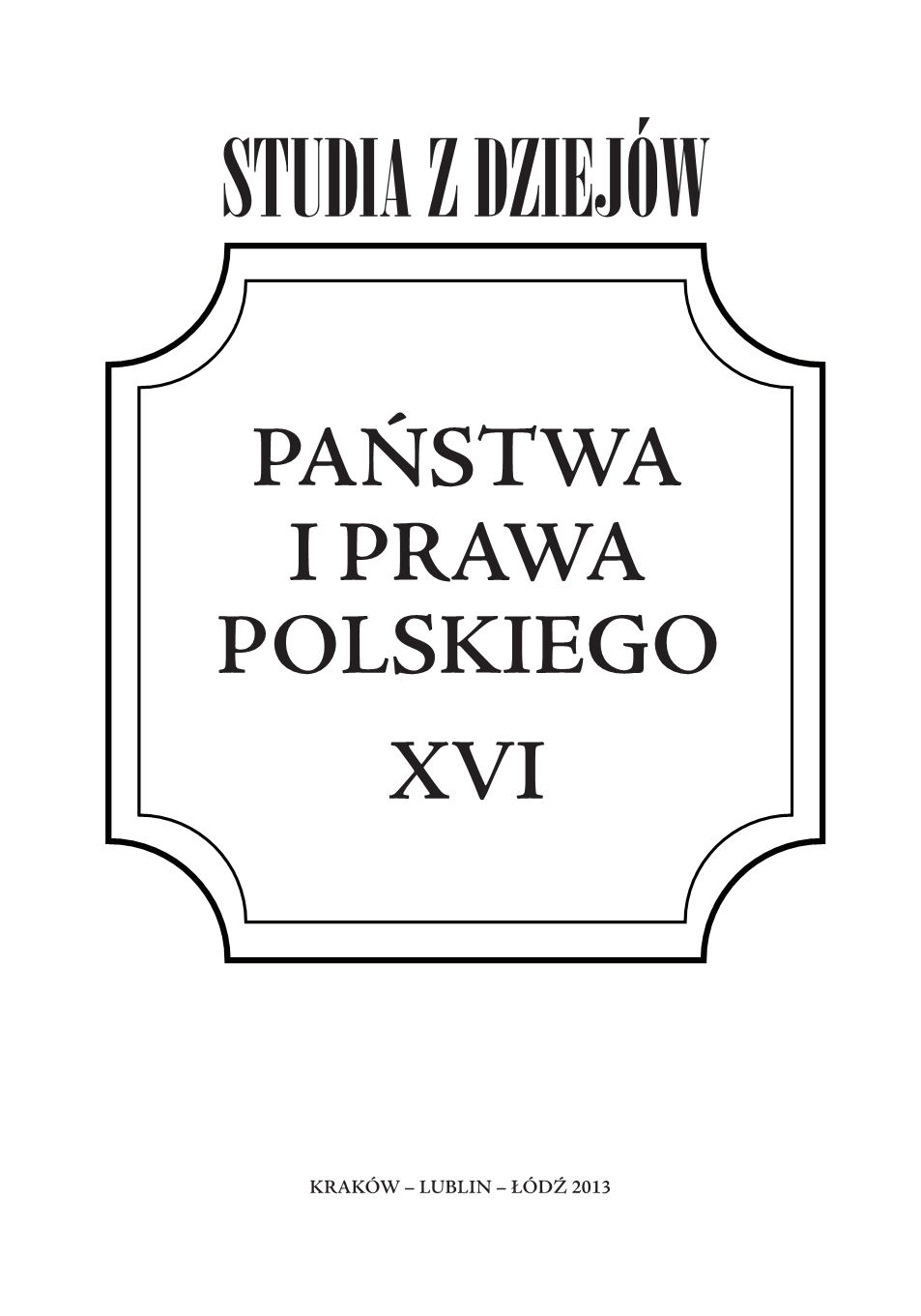
Polityka gospodarcza jako czynnik kształtowania rozwiązań prawnych. Wpływ na regulacje celne w polskiej skarbowości od XVIII do XX wieku
Since the end of the 18th century, the economic assumptions shaped plenty of regulations in force in various constitutional systems operating in Poland. A good example are customs regulations referring to international trade, being a significant element of economic (trade) policy. The development of customs has been a reflection of the established economic goals in the acts of law being introduced and remaining in force from the days of King Stanisław, via the solutions applied in the Duchy of Warsaw, Kingdom of Poland and its autonomy, the Second Republic and in the customs instruments used in planned economy.
More...
